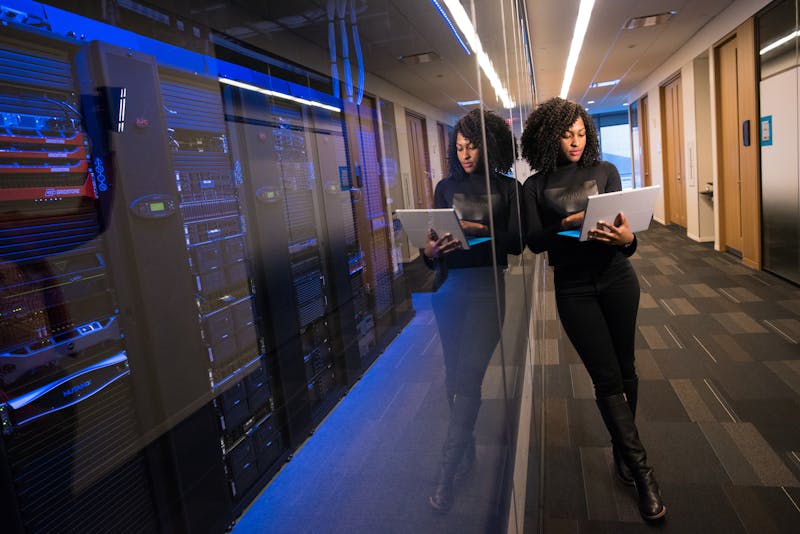If you’re a business owner, then you know from experience that turning a business idea into a reality is one of the toughest things many people will ever do. You also know that it’s just the first step in a never-ending process. As you work to maintain and expand your business, the last thing you need is for all your hard work to go to waste due to security issues. Generally speaking, there are three main types of security risks that can harm your business.
Physical risks like hazards and natural disasters can cause damage to your building and result in business interruption. Human risks like employee/customer injuries or vandalism can lead to medical bills, legal fees, and other financial setbacks. And, of course, technology risks like cyberattacks can result in lost data or devastating breaches. As we become more dependant on technology, the consequences of technology risks become more severe. In fact, 60% of small businesses go under within six months of a serious data breach. Here are some crucial tips to ensure the safety of your business.

Employee Logins
To prevent data breaches, you need to ensure that every employee’s login is secure. There should be a single set of credentials for each employee that grants them only the required level of access to do their job. If an employee is terminated, it’s imperative that their credentials are deactivated immediately. There are a couple of great ways you can secure your logins.
Single Sign-On: This is a method where each employee can access all applications they’re authorized for with a single set of credentials, like an employee e-mail address and password. With modern encryption technology, these passwords can be protected from hackers, and you’ll have fewer sets of credentials in the company that could become vulnerable.
Multi-Factor Authentication: MFA requires more than one set of credentials before granting user access. This could be a combination of an employee login and smart card or biometric identification, for example. This helps ensure each user is indeed who they say they are.
Business Insurance
This one should be obvious, but investing in business insurance is a must. There are a few types of insurance you should worry about. Property insurance will protect against property damage, such as damage to your building or contents therein. Business interruption insurance can protect against losses incurred following disasters that halt your business processes. You’ll also need professional liability insurance to protect you in cases of bodily injury on your property. Without liability insurance, the medical expenses and other fees resulting from injuries can easily be too much for your business to bear.
Managed Service Providers
One of the most reliable ways to make sure your business is protected from technological risks is to work with a managed service provider. This is a company that remotely manages your entire IT infrastructure from your servers to your security features. A single portal allows an external team of technicians to monitor your business, identify suspicious activity, and quickly solve any security or performance issues. These professional services are generally provided as part of a subscription model, and they can give any business owner peace of mind.
Security Cameras
For both safety and legal protection, it’s important that your business keeps a record of all events. Naturally, a security camera system acts as a deterrent to criminals. If a crime does occur, the security footage assists in rapid apprehension. Of course, you can also use security cameras to ensure employees are behaving appropriately and to check up on productivity. There are all kinds of systems available, but these days cloud-enabled systems are becoming more popular to avoid CCTV exploits.
Malware Protection
Effective anti-virus software is critical for any business, especially as small businesses are often seen as easy targets by those with malicious intent. Hackers exploit the fact that some smaller companies don’t set up firewalls or other security measures, and it’s not just hackers you need to be wary of. Having company computers infected with spyware causes clear security risks, but even being infected with adware can significantly hamper productivity.




